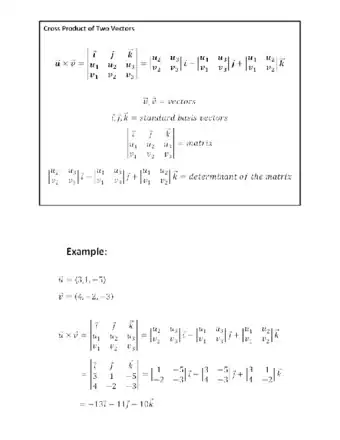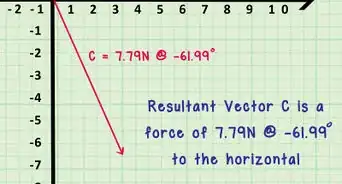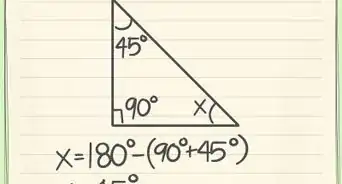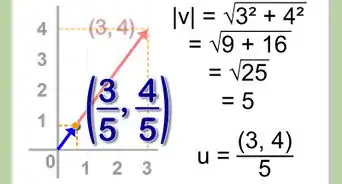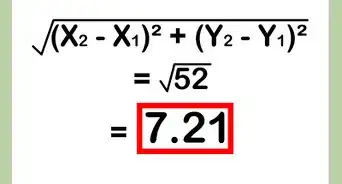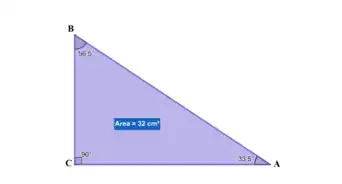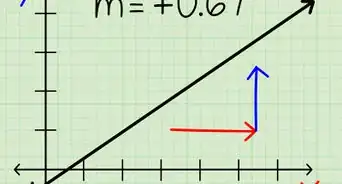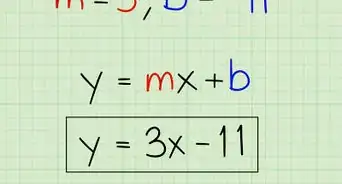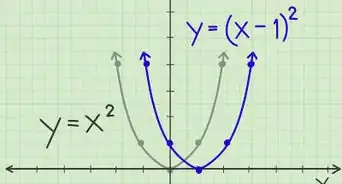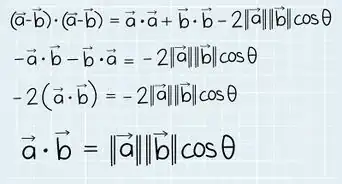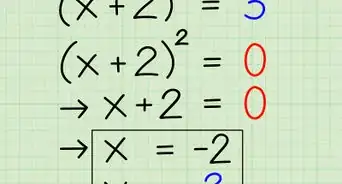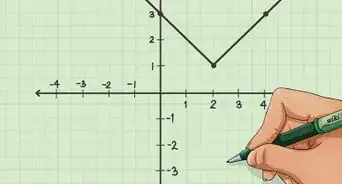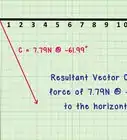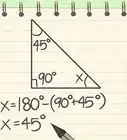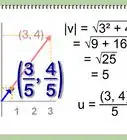X
wikiHow is a “wiki,” similar to Wikipedia, which means that many of our articles are co-written by multiple authors. To create this article, 15 people, some anonymous, worked to edit and improve it over time.
This article has been viewed 172,152 times.
Learn more...
The cross product is a type of vector multiplication only defined in three and seven dimensions that outputs another vector. This operation, used in almost exclusively three dimensions, is useful for applications in physics and engineering. In this article, we will calculate the cross product of two three-dimensional vectors defined in Cartesian coordinates.
Steps
Cheat Sheet
Method 1
Method 1 of 2:
Calculating the Cross Product
-
1Consider two general three-dimensional vectors defined in Cartesian coordinates.[1]
- Here, are unit vectors, and are constants.
-
2Set up the matrix. One of the easiest ways to compute a cross product is to set up the unit vectors with the two vectors in a matrix.[2]Advertisement
-
3Calculate the determinant of the matrix. Below, we use cofactor expansion (expansion by minors).[3]
- This vector is orthogonal to both and
Advertisement
Method 2
Method 2 of 2:
Example
Community Q&A
-
QuestionHow do I calculate the vector triple product?
 Community AnswerGiven vectors u, v, and w, the scalar triple product is u*(vXw). So by order of operations, first find the cross product of v and w. Set up a 3X3 determinant with the unit coordinate vectors (i, j, k) in the first row, v in the second row, and w in the third row. Evaluate the determinant (you'll get a 3 dimensional vector). Then dot that with u (to get a scalar). Inner products are abelian, so u*(vXw)=(vXw)*u. Interestingly, the absolute value of the T.S.P. yields the volume of a parallelpiped with 3 edges given by vectors u, v, and w.
Community AnswerGiven vectors u, v, and w, the scalar triple product is u*(vXw). So by order of operations, first find the cross product of v and w. Set up a 3X3 determinant with the unit coordinate vectors (i, j, k) in the first row, v in the second row, and w in the third row. Evaluate the determinant (you'll get a 3 dimensional vector). Then dot that with u (to get a scalar). Inner products are abelian, so u*(vXw)=(vXw)*u. Interestingly, the absolute value of the T.S.P. yields the volume of a parallelpiped with 3 edges given by vectors u, v, and w. -
QuestionWhat is the vector analog of distance?
 Community AnswerNorm, sometimes also called magnitude, generalizes distance to vectors. Norm is denoted with vertical bars like absolute values. For example, |(3,-4)| = 5, and |(1,1,1,1)| = 2.
Community AnswerNorm, sometimes also called magnitude, generalizes distance to vectors. Norm is denoted with vertical bars like absolute values. For example, |(3,-4)| = 5, and |(1,1,1,1)| = 2.
Advertisement
References
About This Article
Advertisement
